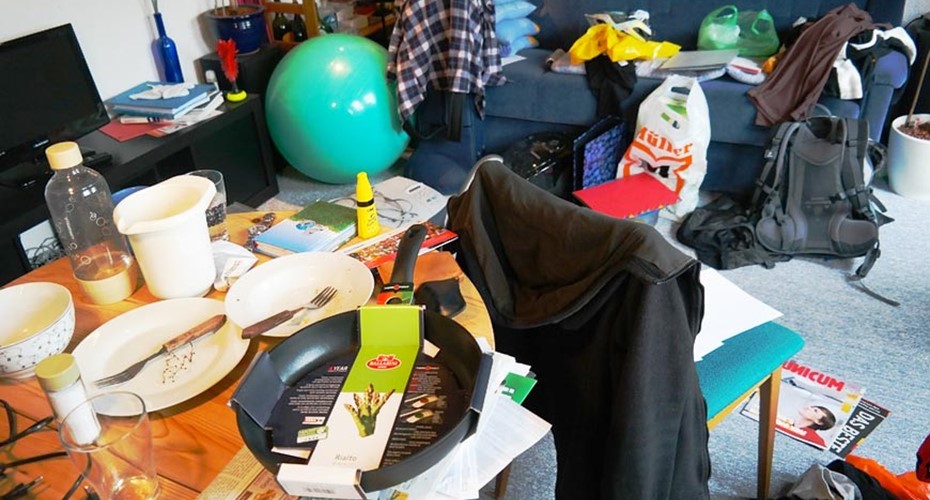Our economic reality - Is there any order in chaos?

What is going on in the world at the moment is far more complex than a US budget deficit. There is massive wealth inequality between the rich and the middle class. In the old days a guillotine would sort it out. Today, our systems preserve the status-quo and are heavily entrenched. Even with its economy floundering, the US Congress couldn’t remove the tax breaks Bush put in for the rich. Globally politicians have been unable to effect meaningful change to the systems that got us here. So it’s not surprising to see riots in London and elsewhere in Europe. Sure, looters take advantage of riots, but fundamentally riots happen when a population loses faith in its politicians and in its systems. I think we are going to see major political and social upheaval in the next two years. Minor in the scheme of things, but major to property investors will be some form of broad capital gains tax.
I personally think it's not if, but when. We could also still see a second depression in the US and Europe. It might just be an ugly and protracted recession. The US faces the double whammy of its government needing to make budget cuts that will hit the American consumer. At the same time quantitative easing is reducing real incomes. We’re obviously a bit better off. We’re in part of the world that has a growing appetite for what we produce. We also have a major rebuild of Christchurch that will support economic growth. But pulling us in the other direction, we have a NZ dollar that is likely to stay strong, and along with weak offshore markets, will make it tough for the tourism sector. Consumers will keep their wallets closed and more effort will go on repaying debt. There is definitely much high awareness of debt and greater reluctance to take on too much debt. We also have baby boomers going into retirement, which will reduce their incomes and their consumption. And we have a Government that will have to rein in its budget deficits.
At a macro level I don’t think house prices will go anywhere for a while (up or down) and that should keep the pressure off mortgage rates. We will no doubt see a 0.50% increase in rates later in the year, and maybe a couple of 0.25% increases next year. (Whereas I used to plan around an 8% long-term rate, I’ve reduced my workings to 7%.) Within the property market, at a micro level, there will always be winners and losers. House prices might only be down 2% from their peak, but I’ve seen plenty of houses that have dropped 15% from what they owe the owner. In actuality – I think it is still a buyer’s market.
Unless your home appeals to first home buyers or immigrants, you might end up with a loss. Some suburbs will do well – most noticeably emerging, affordable inner-city suburbs. Who would have thought ten years ago that young professionals today would pay $600,000 to live in Onehunga or Sandringham? Even at the height of the recession prices in Sandringham and nearby Mt Albert increased. Expensive commuting suburbs might not fare so well. On the face of it we are witnessing massive social and economic changes that will continue to throw up opportunities and threats. It’s an exciting time if you are fighting fit, or plain scary if you don’t know what you’re doing next. I certainly don’t think this is a good market in which to be passive. Hoping your negatively geared property will increase in value is not a strategy!
Receive updates on the housing market, interest rates and the economy. No spam, we promise.
The opinions expressed in this article should not be taken as financial advice, or a recommendation of any financial product. Squirrel shall not be liable or responsible for any information, omissions, or errors present. Any commentary provided are the personal views of the author and are not necessarily representative of the views and opinions of Squirrel. We recommend seeking professional investment and/or mortgage advice before taking any action.
To view our disclosure statements and other legal information, please visit our Legal Agreements page here.

